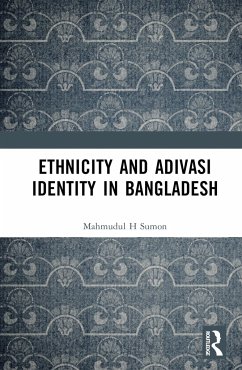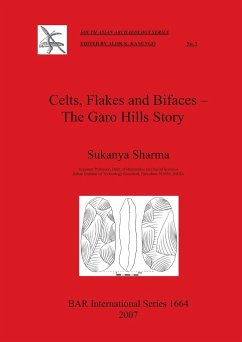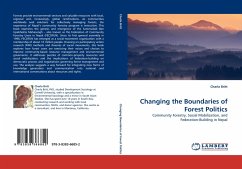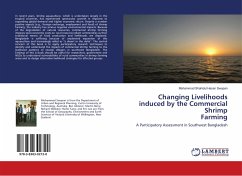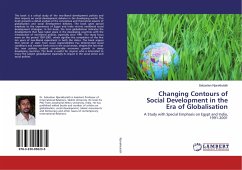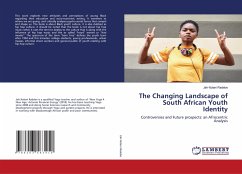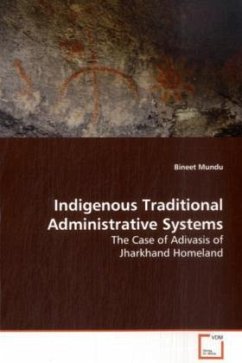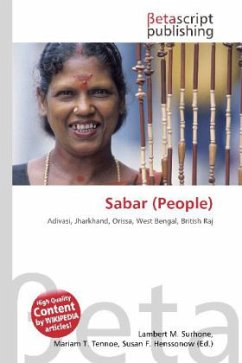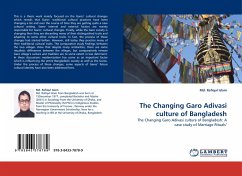
The Changing Garo Adivasi culture of Bangladesh
The Changing Garo Adivasi culture of Bangladesh: A case study of Marriage Rituals''
Versandkostenfrei!
Versandfertig in 6-10 Tagen
32,99 €
inkl. MwSt.

PAYBACK Punkte
16 °P sammeln!
This is a thesis work mainly focused on the Garos' cultural changes which reveals that Garos' traditional cultural practices have been changing a lot and over the course of time they are getting quite a new cultural setting. Some internal and external factors are mainly responsible for Garos' cultural changes. Finally, while the Garo society is changing then they are discarding many of their distinguished traits and adapting to some other cultural traits. In fact, the process of these changes had started before. However, still today they practice many of their traditional cultural traits. The ...
This is a thesis work mainly focused on the Garos' cultural changes which reveals that Garos' traditional cultural practices have been changing a lot and over the course of time they are getting quite a new cultural setting. Some internal and external factors are mainly responsible for Garos' cultural changes. Finally, while the Garo society is changing then they are discarding many of their distinguished traits and adapting to some other cultural traits. In fact, the process of these changes had started before. However, still today they practice many of their traditional cultural traits. The comparative study findings between the two villages show that despite many similarities, there are some ritualistic differences between the villages, but comparatively remote Garo village's culture and tradition are to some extent in less detriment. In these discussions modernization has come as an important factor which is influencing the entire Bangladeshi society as well as the Garos. Under the process of these changes, some aspects of Garos' future cultural identity have also been addressed here.



